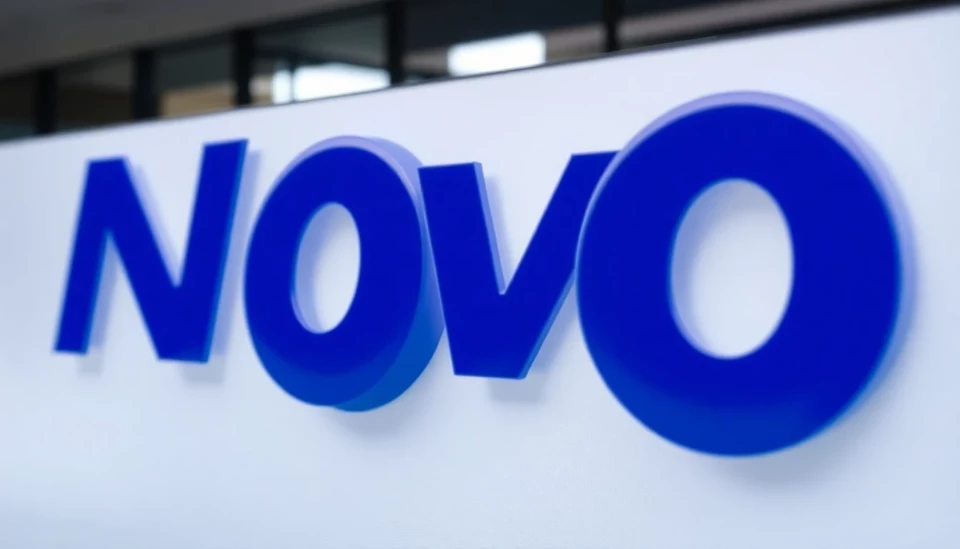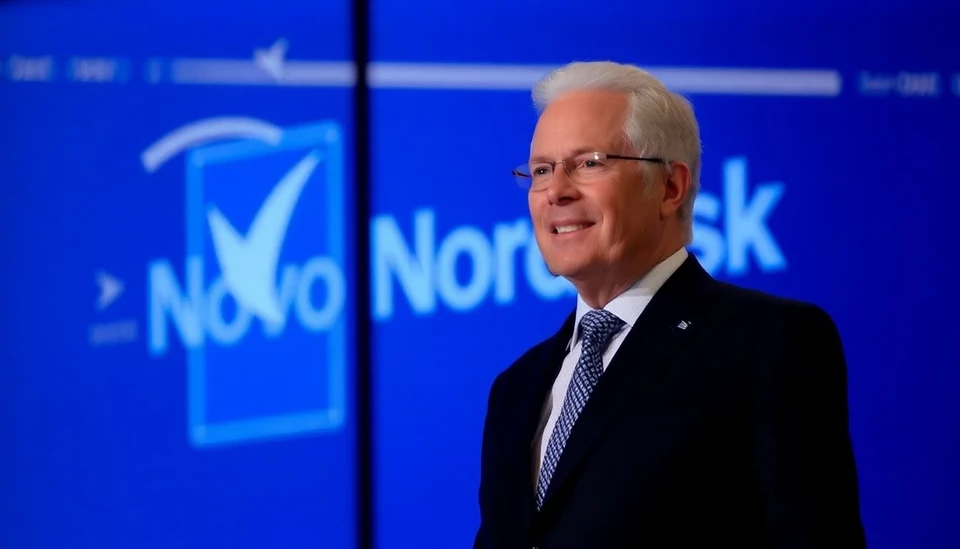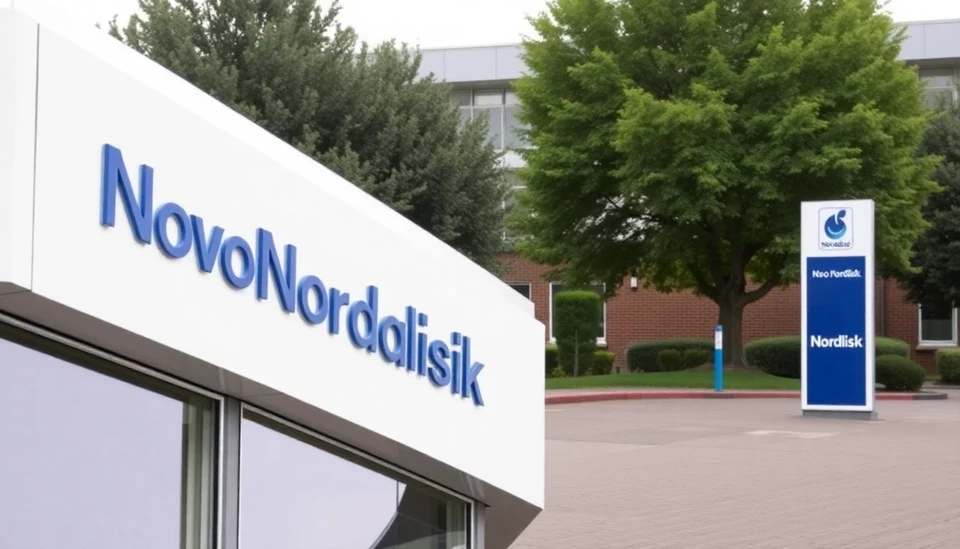
In a recent development that has sparked significant debate, Novo Nordisk, one of the leading pharmaceutical companies, has come under fire in the UK for its financial relationships with patients and healthcare organizations. The criticisms reveal complex ethical questions surrounding the pharmaceutical industry’s impact on both patient care and public trust.
Reports surfaced that Novo Nordisk, recognized for its innovative treatments for diabetes and obesity, has been making substantial financial contributions to various patient advocacy groups and healthcare organizations throughout the UK. While the company asserts that these payments are intended to support education and advocacy for diseases like obesity and diabetes, critics argue that such relationships could lead to potential conflicts of interest.
The controversy was ignited by findings from the Institute of Economic Affairs (IEA), which indicated that the financial ties between Novo Nordisk and patient groups could influence treatment guidelines and policy discussions. Critics argue that when patient organizations receive funding from pharmaceutical companies, there is a risk that these organizations may prioritize the interests of the funders over those of patients, potentially compromising the integrity of their advocacy.
Novo Nordisk defended its practices in an official statement, emphasizing the importance of collaboration with patient organizations for improving healthcare outcomes. “We believe that engaging with patient groups is crucial for understanding the needs of individuals living with chronic conditions,” the statement read. The company highlighted its commitment to transparency and stated that all partnerships are vetted with ethical guidelines in mind.
However, the scrutiny intensified as some stakeholders called for immediate regulatory revisions to increase transparency around the financial relationships between pharmaceutical companies and healthcare stakeholders. Advocates for patient rights and ethics in medicine are pushing for stricter guidelines that would require organizations to disclose any financial support received from pharmaceutical entities.
This incident has reignited debates about the broader implications of corporate funding within healthcare sectors. Experts argue that improving transparency is vital to maintaining public trust in patient advocacy groups and healthcare provider programs, especially as the industry continues to navigate the complexities of modern medicine, where drug costs and access to care are ongoing concerns.
As discussions unfold, the future may see increased regulatory scrutiny on how pharmaceutical companies collaborate with patient advocacy groups and healthcare organizations. The hope among critics and advocates alike is that enhanced transparency could lead to stronger protections for patients and a clearer understanding of the motivations behind healthcare policies and practices.
As Novo Nordisk finds itself in the eye of this ethical storm, the implications of its practices will likely be felt throughout the industry, potentially impacting how pharmaceutical companies approach advocacy and patient engagement moving forward.
In conclusion, the situation serves as a reminder of the delicate balance between innovation in healthcare and the ethical responsibilities that come with it. The answers to the questions raised could reshape the landscape of pharmaceutical funding and patient advocacy in the years to come.
#NovoNordisk #HealthcareEthics #PatientAdvocacy #PharmaceuticalIndustry #Transparency #ObesityTreatment #DiabetesCare #PatientRights
Author: John Harris




